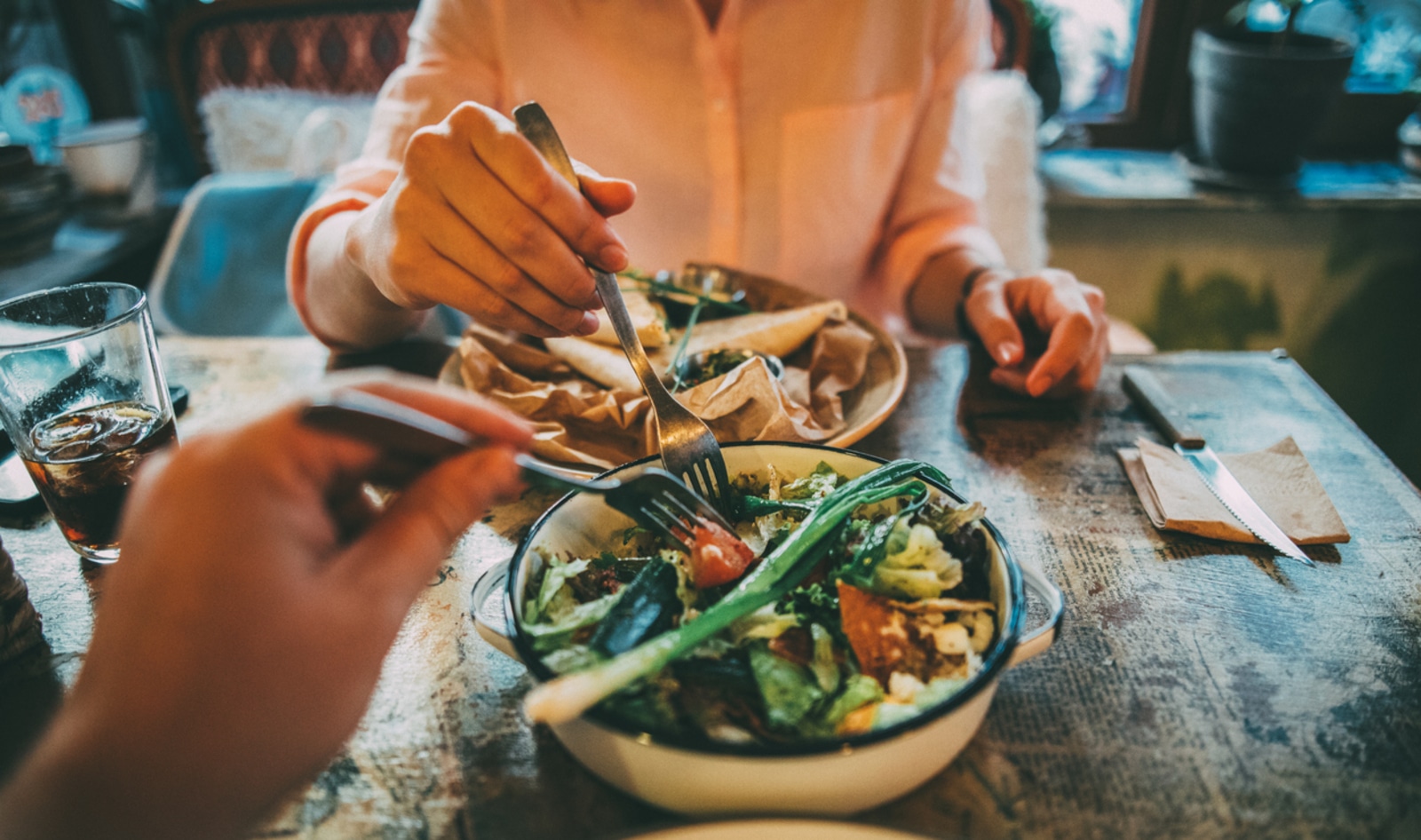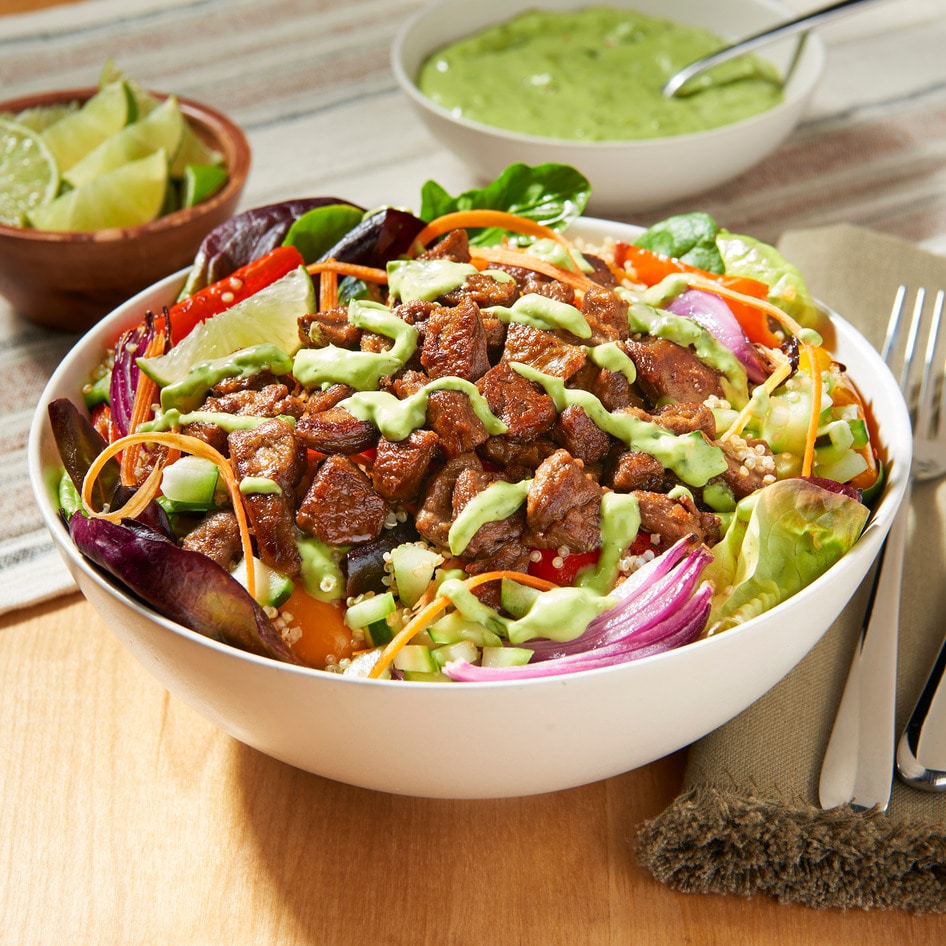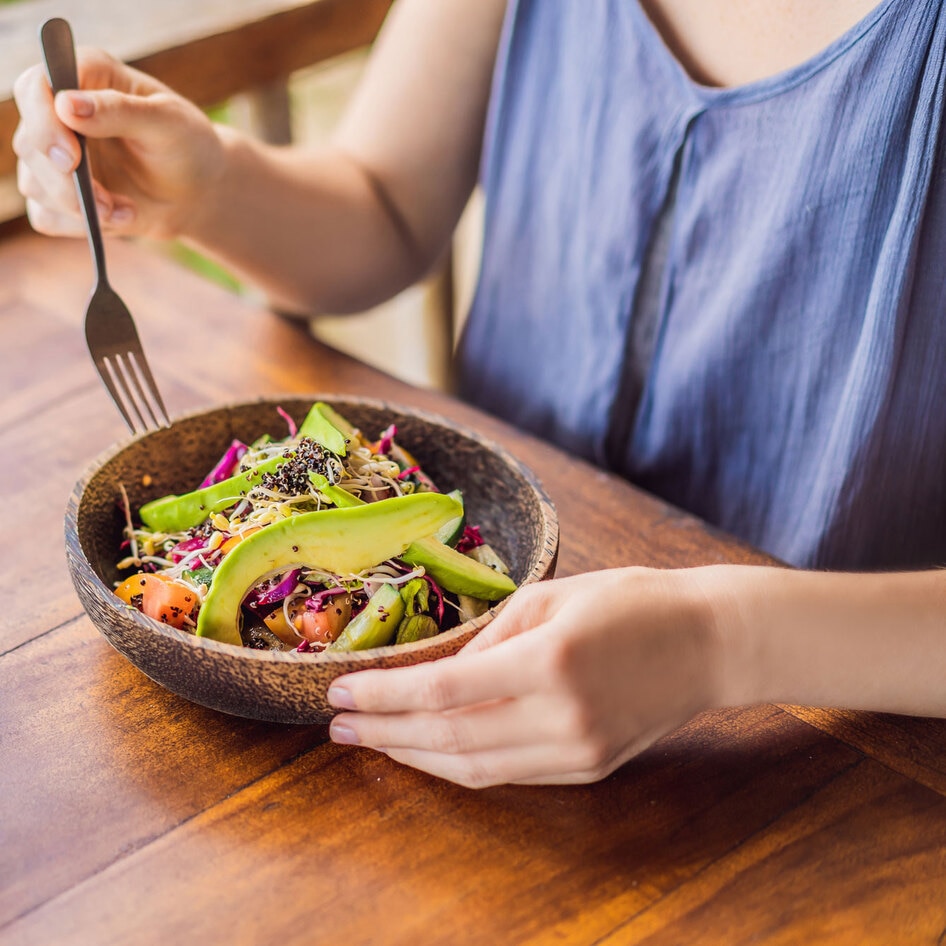When it comes to vegetables, most of us aren’t eating enough. Research suggests that only one in 10 Americans are getting their “five a day,” while more than 25 million Brits are also struggling to fill their plates with greens. So the question around vegetables is rarely “Can you eat too many?” and usually “How do you eat more?” After all, vegetables are packed with vitamins, minerals, fiber, and antioxidants, all of which benefit our health in a big way. But that said, you can have too much of anything. If you’re only eating vegetables, for example, you might run into some issues, so the answer when it comes to a healthy diet is, say it with us, balance. Have your broccoli and eat it, too, but don’t forget all the other nourishing, delicious plant foods out there as well. And of course, there is absolutely nothing wrong with the occasional treat.
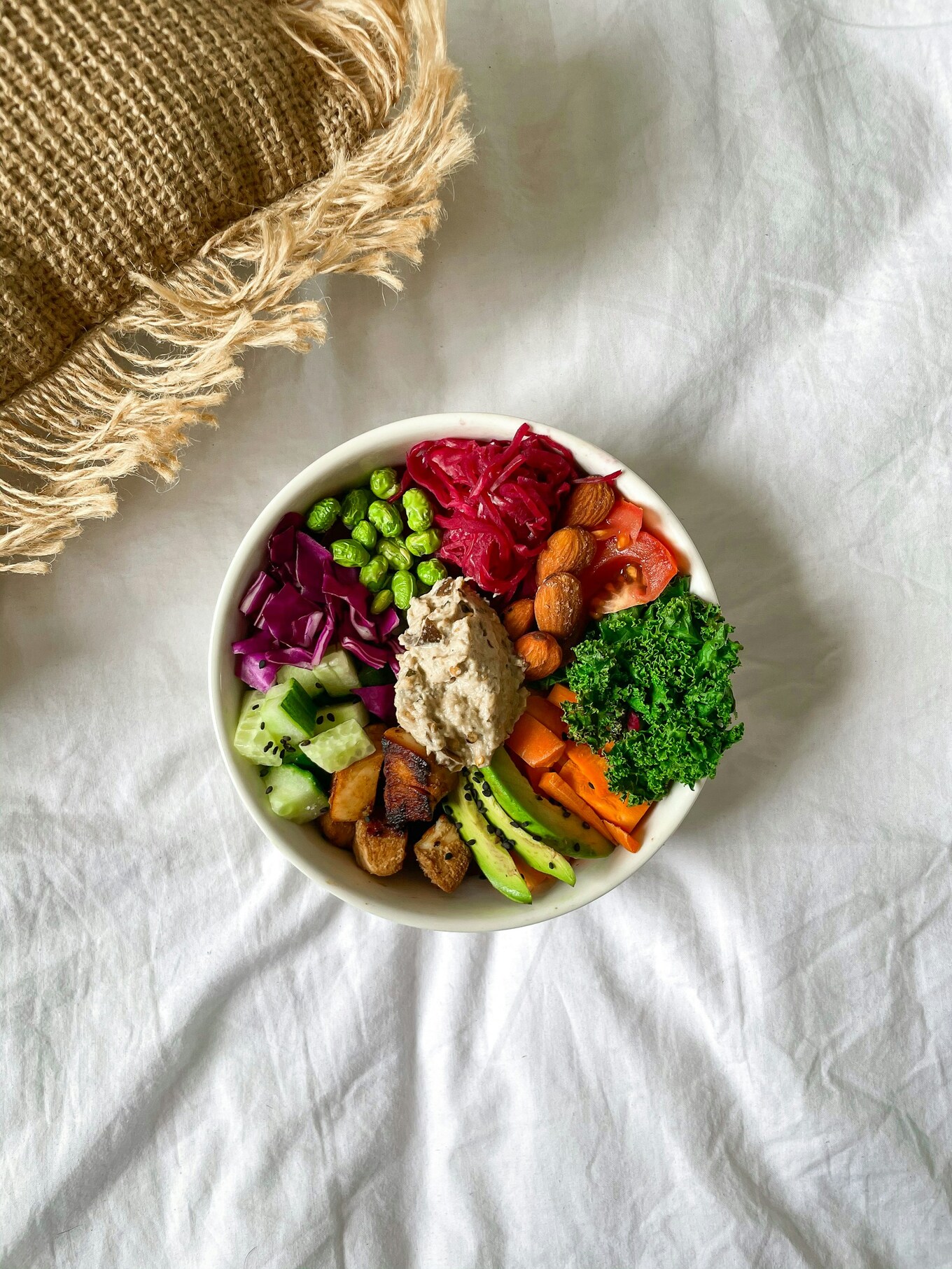 Unsplash
Unsplash
How many fruits and vegetables should we be eating?
Let’s get the obvious out of the way first. The majority of people are not struggling with overeating vegetables. The Western Pattern Diet (known in the US as the Standard American Diet) is high in processed foods, sugar, and red meat, but it is notoriously low in vegetables. This way of eating has been linked with a higher risk of chronic diseases, including cancer and heart disease (otherwise known as the world’s biggest killer). A plant-based whole-foods diet, on the other hand, is linked with a lower risk of developing these diseases. This diet is vegetable-rich, but it also includes plenty of other plant foods, like nuts, seeds, tofu, fruits, and whole grains.
“Fruit and vegetables have been shown to reduce cholesterol levels, blood pressure, and to boost the health of our blood vessels and immune system. This may be due to the complex network of nutrients they hold. For instance, they contain many antioxidants, which may reduce DNA damage, and lead to a reduction in cancer risk.”—Dagfinn Aune, PhD
However you choose to eat, experts recommend eating at least five servings of fruit and vegetables a day. Research suggests, however, that if you can exceed this number, that’s even better. In 2017, researchers from Imperial College London noted that if everyone ate 10 portions of fruits and vegetables a day, roughly 7.8 million premature deaths might be prevented. “We wanted to investigate how much fruit and vegetables you need to eat to gain the maximum protection against disease and premature death,” Dagfinn Aune, PhD, lead author of the research, said in a statement at the time. “Our results suggest that although five portions of fruit and vegetables are good, 10 a day is even better.”
The researchers, who analyzed data from 2 million people around the world, reported that eating 10 portions of fruits and vegetables a day could reduce the risk of heart disease by 23 percent, the risk of stroke by 33 percent, and the risk of cancer by 13 percent.
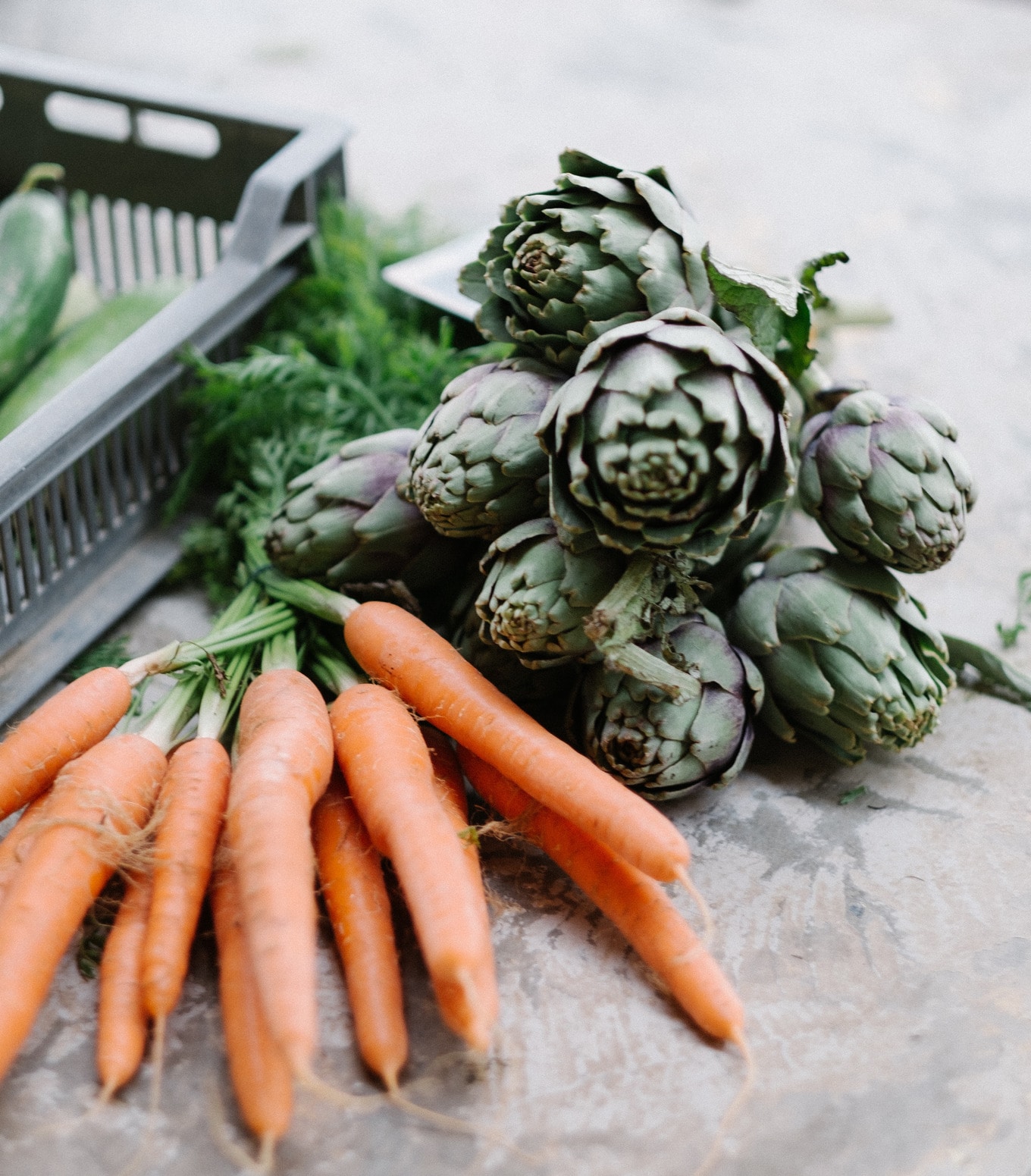 Pexels
Pexels
Is it possible to eat too many vegetables?
While vegetables are nutritious and important for a balanced diet, consuming excessive amounts may lead to some potential issues, particularly if you’re eating too many of the same type. For example, some vegetables, particularly those high in fiber like broccoli, cabbage, and Brussels sprouts, may cause bloating, gas, and other digestive discomfort in some people if eaten in large quantities (especially if your body is not accustomed to a high-fiber diet). Vegetables with a lower fiber content— like carrots, butternut squash, cucumber, and tomatoes—have a softer texture and are often easier to digest.
Eating too many raw vegetables might also cause some individuals stomach upset. Raw spinach and other leafy greens can be harder to digest due to their high fiber content, but cooking them can make them easier on the digestive system.
The truth is, when it comes to food, everyone is different. While some people can eat plenty of broccoli or Brussels sprouts with no issue, others may find eating too many of these foods exacerbates Irritable Bowel Syndrome symptoms, for example. The key is to find a wide range of healthy plant foods—including beans, legumes, mushrooms, nuts, seeds, fruits, vegetables, and plant-based proteins, like tofu—that you like and can digest well. And of course, leave some room for enjoyment, too. After all, there are plenty of tasty vegan ice cream, chocolate, and candy products on the market now.
For more tips on how to follow a whole food plant-based diet, you can find our guide here. And you can also find plenty of delicious recipes in our database here.
For more on health, read:
JUMP TO ... Latest News | Recipes | Guides | Health | Subscribe

